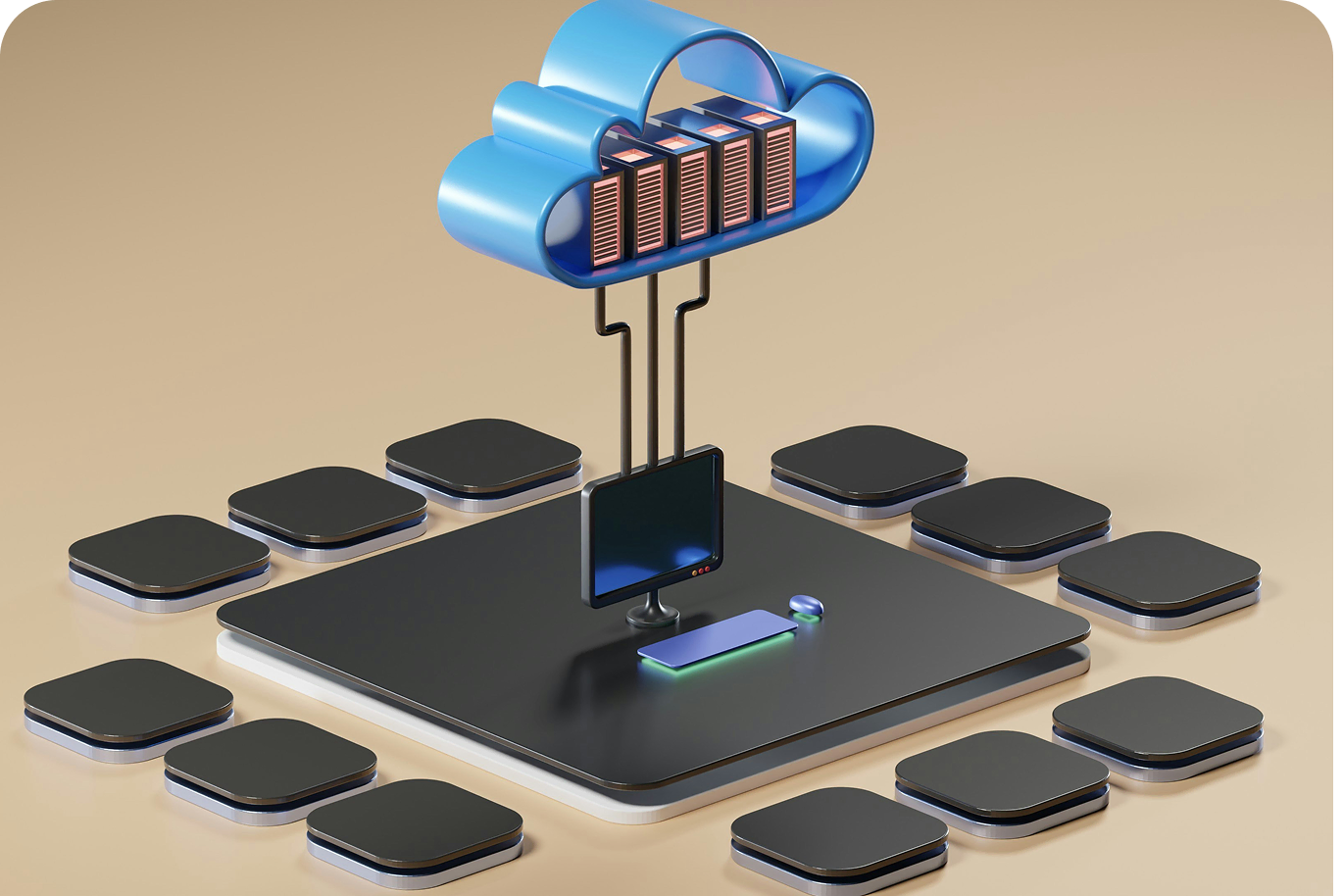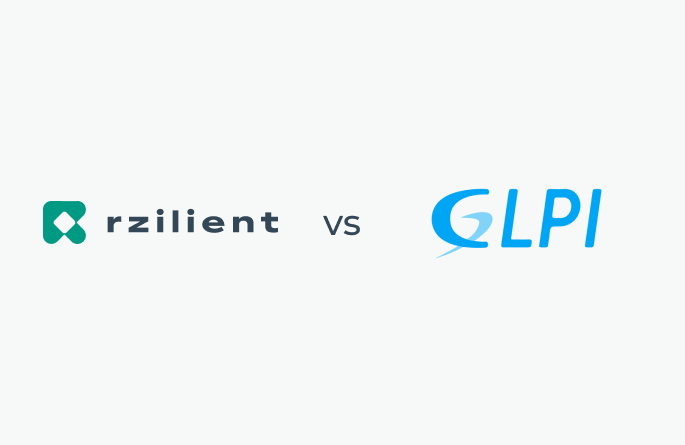Our opinion on Chrome OS: its pros and cons

Benefit from effective IT support
Discover our all-in-one solution
Do you know Chrome OS?
Ce operating system was developed by Google, based on the web browser Google Chrome.
Its objective? Chrome OS is designed to be lightweight, fast and safe, and it is particularly suitable for use with web applications and online services.
You can access a variety of Google applications and services, such as:
- Gmail;
- Google Docs;
- Google Drive;
- Google calendar;
- And many others!
Of Third-party applications are also available on the Google Play Store.
On a technical level, Chrome OS uses a Linux kernel and can run Android applications.
If you are considering deploying Chrome OS in your business, it is useful to look at its main advantages, but also its disadvantages, in order to avoid any setbacks 🙂
By the way, this is Quentin de Lambert, co-founder of Rzilient. I'm thrilled to welcome you for this detailed Chrome OS review!

The benefits of Chrome OS
A technological advance
First of all, I wanted to share this Chrome OS test with you because I think it is a real technological novelty, which brings value to the market.
Power install an OS directly on a web browser, and using all of Google's software solutions, in the same place, is very useful in many contexts.
Plus, Chrome OS was designed to be fast and responsive, even on low-powered devices. Finally, it starts up quickly and the updates are automatic.
An OS aligned with the objectives of Green IT
To carry out my tests, in order to provide you with my opinion, I used one of my old computers, dating from 2016.
Despite the advanced age of the machine used, I was able to work quite normally.
Chrome OS is not greedy, it is therefore very suitable for use in a digital sobriety approach. No need to buy the most powerful computer on the market, the reuse of machines that are 5 to 10 years old is very suitable!
Chrome OS therefore integrates perfectly into your Green IT approach.

Simple and intuitive use
If you're already familiar with the Chrome browser, you'll be able to use a Chromebook with Chrome OS pretty much anything.
Its interface is intuitive and easy to use.
A very low cost
To work with Chrome OS, the ideal is to buy a Chromebook, which works natively on Chrome OS.
Its advantage is that it is often cheaper than Windows and Mac laptops!

The disadvantages of Chrome OS
A high level of security
Since Chrome OS works exclusively with Google and Play Store tools, and the operating system is updated regularly, security might seem strong.
It is also impossible to install executables and applications are run in containers that are isolated from each other.
For these various reasons, some consider Chrome OS to be one of the most secure operating systems.
That is not my opinion. Indeed, one of the major problems with Chrome OS is the following limitation, which represents a vital aspect for safety of your machine: theImpossibility to install an anti-virus on this operating system.
You therefore depend on Google's ability to control the security level of your computer!

A compatibility problem with MDM
Among the main brakes When using Chrome OS on a daily basis, I also want to alert you to its lack of compatibility with MDMs on the market.
In reality, Chrome OS is only compatible with one MDM, that of Google: Google Workspace, with the Enterprise license.
To use the tool in your company, it is therefore necessary to have in-house expertise, which is not always the case.
In addition, in my opinion, Google Workspace is not the best MDM on the market and Google is still far from reaching the level of quality and performance of its competitors in this segment.
An installation that is not easy
To install Chrome OS, let's be clear, you need to know a bit about it. You have to like to put your hands in IT to get there. I even asked my IT experts to install it for my tests.
However, for an advanced user, the process is relatively easy and smooth. All important data that needs to be kept is backed up on Google Drive, with no risk of data loss.
Difficulties in case of intensive use
I really enjoy using Chrome OS on a daily basis, but only up to a certain point!
If you use a lot of tabs in your browser and are participating in a video conference at the same time, Chrome OS is starting to saturate and its performance is dropping rapidly.
However, practical solutions exist! For example, I recommend Reduce tabs you don't use, and to accept that Chrome OS has some small bugs (non-blocking)...
If we accept these limitations, the tool remains efficient.
The need for an Internet connection
To use Chrome OS, you must be connected to the Internet, although some applications can be used offline.
However, if you are regularly roaming, without a reliable Internet connection, this point can be a problem.
Conclusion: an ideal OS for light needs
Chrome OS has many advantages, but its disadvantages make it a solution to be used only in certain contexts, which do not have significant needs. To take two concrete examples:
- Administrative assistance activity (hospitals, shops, small businesses, etc.);
- Use by a commercial developer, not using a very advanced CRM.
Chrome OS then proves to be very practical!
For traditional activities, the tool also makes it possible to manage software inventory. Indeed, on each account, the administrator can know who is connected and which applications are used (by making a link with Google's MDM solution).







